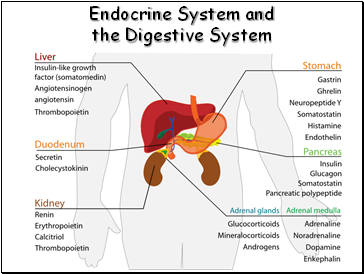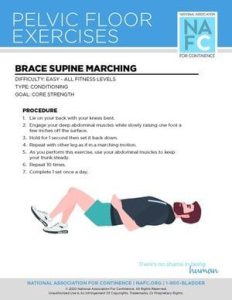The connection between gut health and hormonal balance in women

For centuries, women have been seeking ways to achieve hormonal balance and maintain overall well-being. From mood swings and debilitating PMS symptoms to fertility issues and menopause, imbalances in hormones can wreak havoc on a woman’s physical and emotional health. While various factors contribute to hormonal imbalances, recent studies have shed light on the crucial interplay between gut health and hormonal balance in women.
Gut Health and Hormonal Balance
The human gut is home to trillions of bacteria, collectively known as the gut microbiota. These bacteria play an integral role in several bodily functions, including digestion, immunity, and even the synthesis of certain vitamins. However, research has now uncovered the significant impact of gut health on hormonal balance, specifically in women.
The Gut-Brain Connection
One fundamental aspect linking gut health and hormonal balance is the gut-brain connection. The gut and brain communicate through a network known as the gut-brain axis, allowing for bidirectional signaling. This communication pathway involves various substances, including hormones, neurotransmitters, and immune system molecules.
Furthermore, a significant portion of our hormones, such as estrogen and progesterone, are either produced or metabolized in the gut. Hence, maintaining a healthy gut environment is essential for proper hormonal balance.
Impact on Estrogen Levels
Estrogen, known as the primary female sex hormone, plays a crucial role in reproductive health and various other bodily functions. Interestingly, gut bacteria can influence estrogen levels through a process called intestinal bacterial metabolism.
Research suggests that imbalances in gut microbiota can lead to an excess or deficiency in estrogen levels. This imbalance can contribute to conditions like polycystic ovary syndrome (PCOS) or menstrual irregularities, affecting women across various age groups.
Stress and Gut Health
In today’s fast-paced world, chronic stress has become a prevalent concern for many individuals, particularly women. High-stress levels can negatively impact gut health, leading to dysbiosis – an imbalance in the gut microbiota. This dysbiosis, in turn, affects hormonal balance.
When stressed, the body releases cortisol, commonly known as the stress hormone. Elevated cortisol levels can disrupt the delicate balance of reproductive hormones like estrogen and progesterone, leading to irregular menstrual cycles, fertility problems, and even mood disorders.
Leaky Gut Syndrome and Hormonal Imbalances
Leaky gut syndrome refers to increased intestinal permeability, allowing toxins, bacteria, and undigested food particles to leak into the bloodstream. Besides causing digestive issues, leaky gut syndrome has also been linked to hormonal imbalances in women.
When toxins and foreign particles enter the bloodstream through a leaky gut, the liver may not be able to effectively metabolize them. This can lead to an accumulation of harmful substances, potentially disrupting hormonal balance and triggering a range of symptoms.
Restoring Gut Health for Hormonal Balance
Fortunately, several strategies can help restore and maintain gut health, ultimately promoting hormonal balance in women.
1. Balanced Diet
Avoiding processed foods and sugar while focusing on a nutrient-rich diet is crucial for gut health and hormonal balance. Including foods rich in fiber, prebiotics, and probiotics can help nourish the gut microbiota, supporting optimal estrogen metabolism and overall hormonal health.
2. Stress Management
Engaging in stress management practices like meditation, yoga, or regular exercise can reduce stress levels and support a healthy gut environment. Additionally, adopting healthy coping mechanisms and seeking support when needed can positively impact gut health and hormonal balance.
3. Probiotic Supplementation
Probiotic supplements contain beneficial bacteria that can help restore gut microbiota balance and promote optimal hormonal health. Consultation with a healthcare professional is recommended to determine suitable probiotic strains and dosage for individual needs.
4. Gut Healing Supplements
Supplements like collagen peptides, glutamine, and omega-3 fatty acids can aid gut healing and provide support for hormonal balance. However, it is important to consult with a healthcare professional before starting any supplementation regimen.
5. Functional Medicine Approach
Considering a functional medicine approach can be beneficial for women struggling with hormonal imbalances. Functional medicine practitioners aim to identify the root causes of imbalances, including gut health, and develop personalized treatment plans to restore overall well-being.
Conclusion
As women continue to navigate the complexities of hormonal balance, understanding the connection between gut health and hormones can offer valuable insights. By prioritizing gut health through a balanced diet, stress management, and targeted supplementation, women can work towards restoring hormonal balance and achieving optimal overall health.






